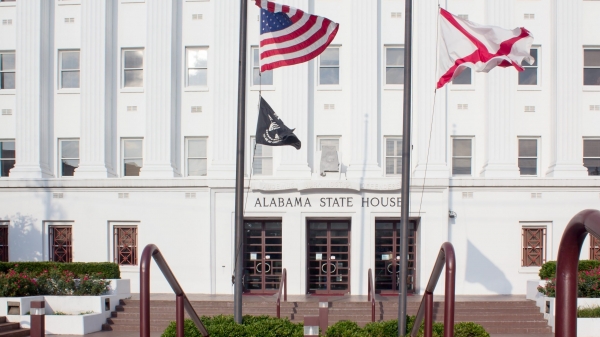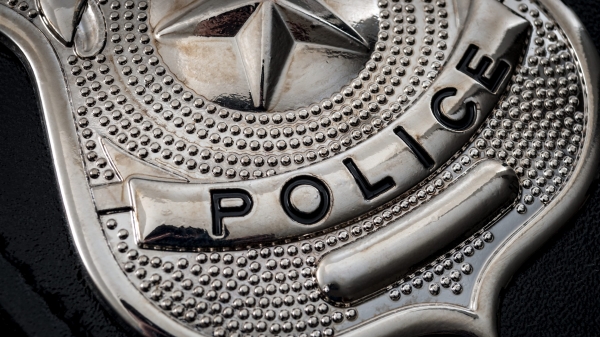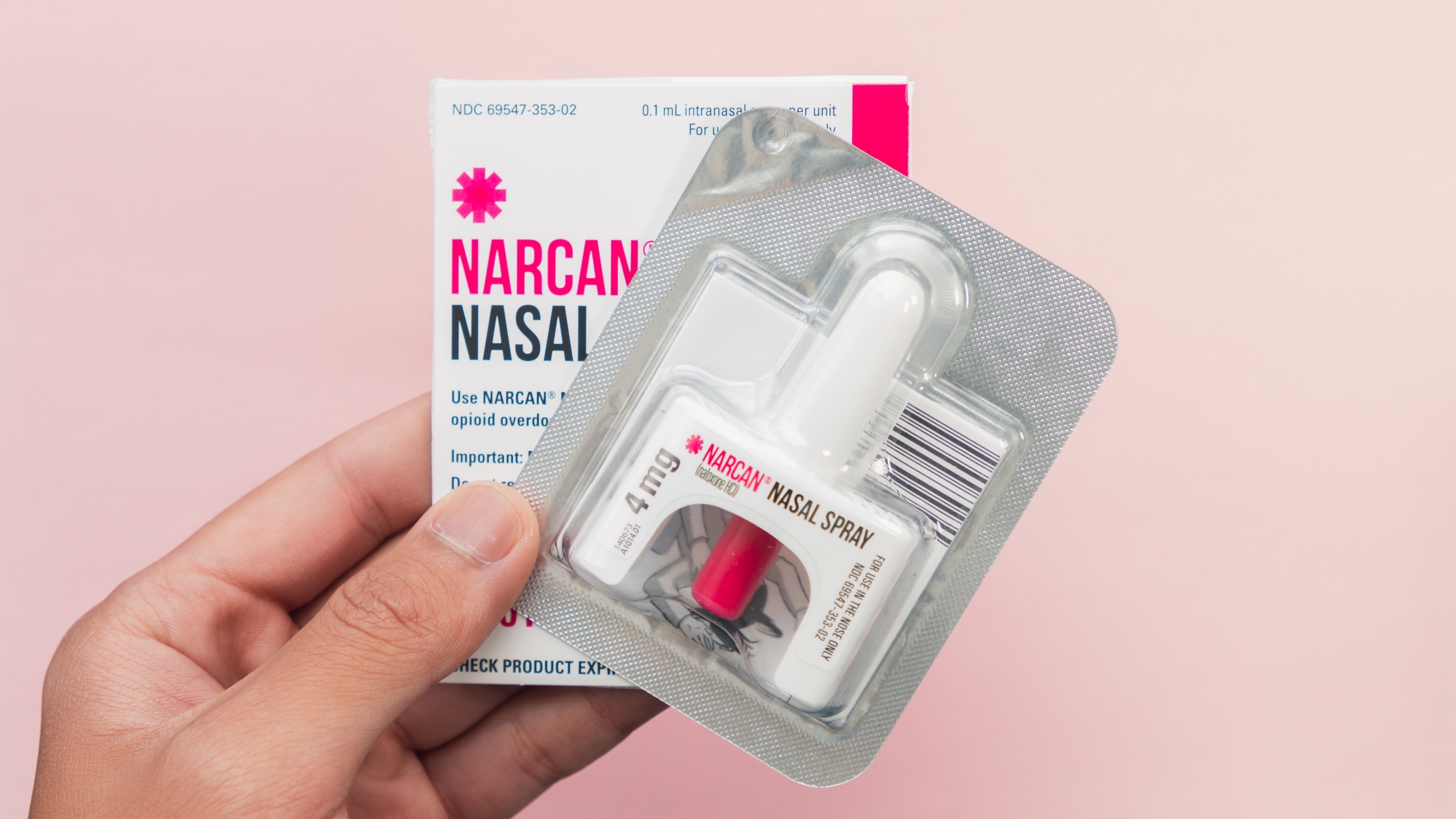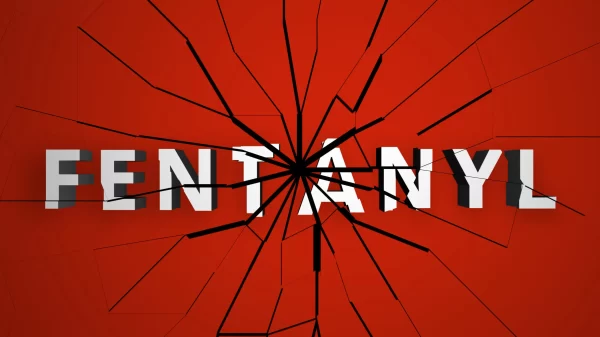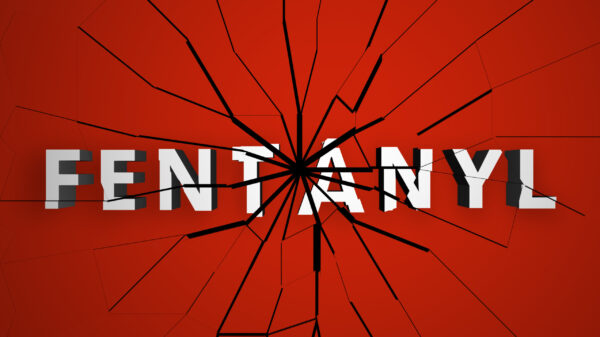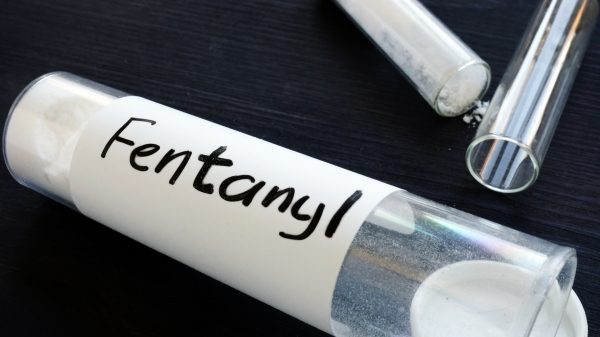|
Getting your Trinity Audio player ready...
|
Physicians with the Medical Association of the State of Alabama say action by the Food and Drug Administration means the lifesaving drug naloxone, which can reverse opioid overdoses, could begin appearing on pharmacy shelves and available as over-the-counter medication as soon as next year.
Naloxone is currently available by prescription. The FDA, however, has issued a notice in the Federal Register encouraging companies to develop naloxone products for over-the-counter (OTC) use.
At a time when Alabama and other states are seeing a surge in fentanyl overdose deaths, doctors with the Medical Association say increasing access to naloxone will save lives.
“Naloxone saves lives but only if it is readily available when an overdose occurs. It’s prescription-only status is a barrier that limits access and makes it harder to save lives from fentanyl and other opioid overdoses,” said Dr. Julia Boothe, President of the Medical Association. “Physicians applaud the FDA for taking this first step to make naloxone more widely available.”
Fentanyl overdose deaths in Alabama skyrocketed 136 percent between 2020 and 2021, according to a report from the Gulf Coast High Intensity Drug Trafficking Areas program (453 deaths in 2020 to 1,069 in 2021).
During that same period of time, Alabama physicians worked to increase prescriptions of life-saving naloxone by 35.4 percent, according to a recent study.
Fentanyl is used to treat severe pain and for advanced-stage cancer. But when used in an unregulated setting or manufactured illegally, even as little as two milligrams – an amount that could fit on the tip of a pen – can be lethal.
More than 107,000 Americans died from drug overdoses in 2021, the highest annual death toll on record.
Nearly 20,000 overdose deaths between 1999 and 2020 have been prevented by naloxone, according to the FDA.
“Just as increased public access to defibrillators – which can now be found everywhere from shopping centers to schools and airplanes – allowed bystanders to save the lives of people in cardiac arrest, the same can happen for those suffering from fentanyl overdoses with increased access to naloxone,” said Dr. Boothe.













